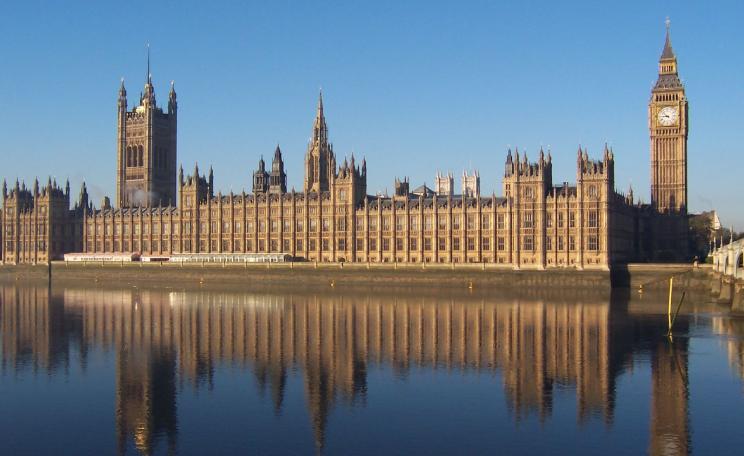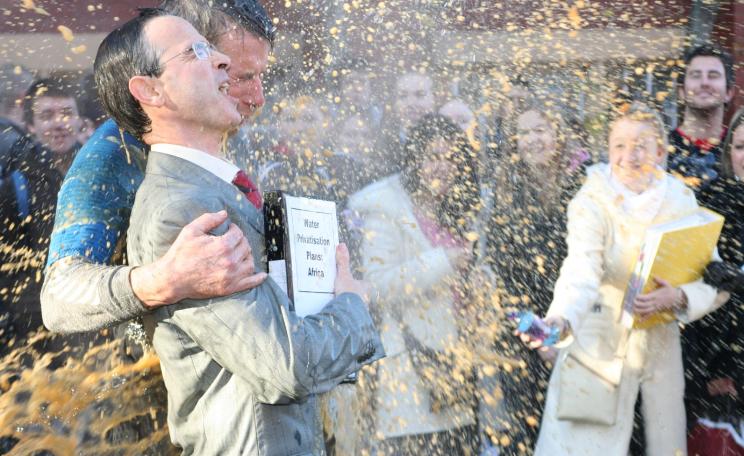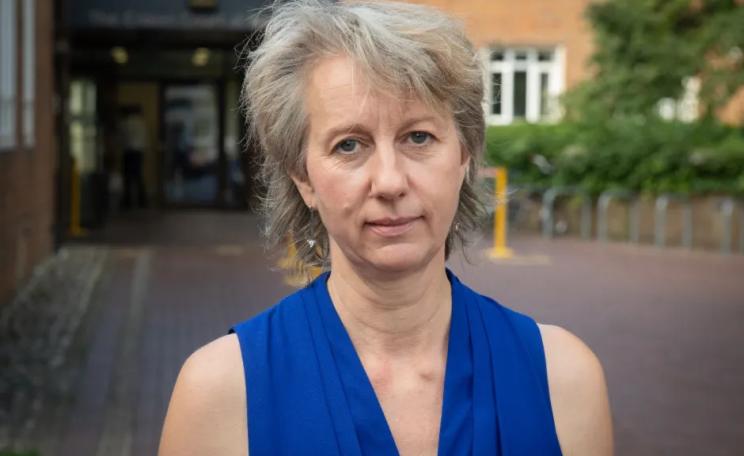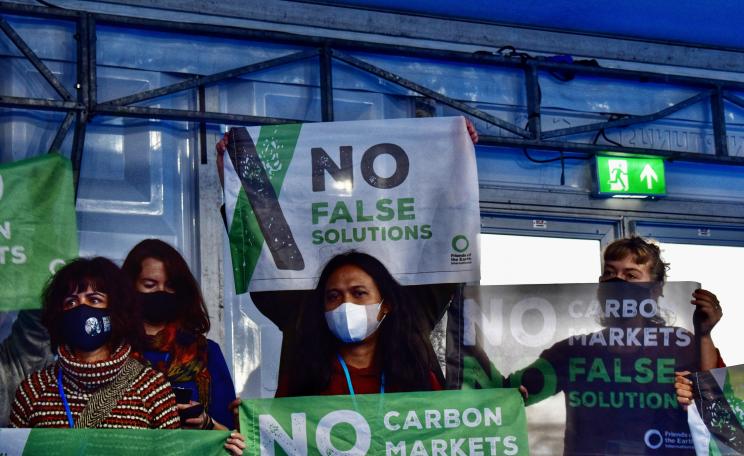It's not a cost of living crisis, it's an inequality crisis.
Matt Smith is starring in Thomas Ostermeier’s staging of Henrik Ibsen’s 1882 comedy ‘An Enemy of the People’ at the Duke of York theatre in Covent Garden, London until Saturday, 13 April 2024.
My initial interest in attending the production was peaked by the prospect of seeing a Doctor Who right before my eyes, but I soon found the play carries one of the most important messages of our time.
Doctor Thomas Stockmann discovers evidence that the town's water supply has been contaminated. The audience watches as Stockmann painstakingly wrecks havoc on his friends, his family and himself in order to reveal the truth. And his struggle is all too real.
Chaos
The livelihoods of the people in the town depend on the existence of the baths - and therefore the water supply. People are drawn into the town due to the healing properties of them, bringing money and generating a wealthy tourist destination.
When Stockmann wants to uncover the truth about the contaminated waters, those around him, including his controlling and manipulative brother, Peter Stockmann (Paul Hilton), do everything in their power to shut him down.
His wife Katherina Stockmann, played by Jessica Brown Findlay, is confronted with financial burdens and the loneliness of taking the majority of the responsibility of caring for their baby.
Stockmann is infuriating in his efforts to support his wife, for the determination to provide the town with the truth takes over like flames through a dry forest. The chaos and messiness on stage is a fitting reflection of our current societal and environmental issues.
The most pivotal and poignant part of the play is Stockmann’s’ dramatic monologue. It is guaranteed to captivate the audience as he sheds light on the reality of our democracy.
Dissent
He refers to the failures of our government, pointing at the inability to prioritise climate action, and responds to, as Matt Smith says in an interview with Laura Kuenssberg, “so much disinformation and misinformation” by exclaiming “it is not a cost of living crisis, it’s an inequality crisis!”
The fictional drama and the all too real truths intersect in the latter half of the play when the audience becomes a ‘council room’. Aslaksen, played by Priyanga Burford, stands in front of the stage and invites the audience to vote for whether they agree with the sentiments of Stockmann’s speech.
The majority of the audience were in favour but when asked to expand on their reasons only a few shy hands began to raise. Passion and determinism then grew as the members of the public had the chance to say their piece. One person asked “can we talk about Alexei Navalny?”, the Russian opposition leader who died earlier in February. Dissent is dangerous in Russia.
It's not a cost of living crisis, it's an inequality crisis.
Stockmann is soon covered with paint, and he and his wife both lose their jobs: the play speaks clearly and eloquently to our current predicament.
Decisions today are being made time and again that are detrimental to the environment because of problematic prioritisation. In 2022, it is estimated that there were more than 14,000 incidents of sewage being discharged into Scotland’s rivers and lochs.
Overlooked
Just as one example, the Lower Largo beach in Fife has been 50 times over the safe limit for pollution at multiple times this year, according to the Scottish Environment Protection Agency,
More broadly, people across Europe are being exposed to "alarmingly high levels of chemical substances", eroding human health and contributing to the collapse of biodiversity.
Last month, major energy chemical and industrial energy corporations and their lobby groups met to propose a 'European Industrial Deal', according to the Corporate Europe Observatory. Industry is now proposing a bonfire of regulations that will undermine the current green deal, which in turn aims to tackle hazardous substances. Significantly, no NGOs were invited to this closed door event.
The current regulatory regime was accused of having a disastrous impact on European industry. However, this claim was largely based on big businesses’ own estimates of the costs. The economic opportunities that could follow from the development of safe and sustainable alternative chemicals, and the health and environmental benefits, were ignored.
The Antwerp Declaration for a European Industrial Deal is a painfully real manifestation of Thomas Ostermeier’s message on the stage: the prioritisation of short term profits continues to dominate our politics and laws at the cost of long term harm to the environment and the public.
This Author
Ruby Harbour is the editorial assistant at The Ecologist.







